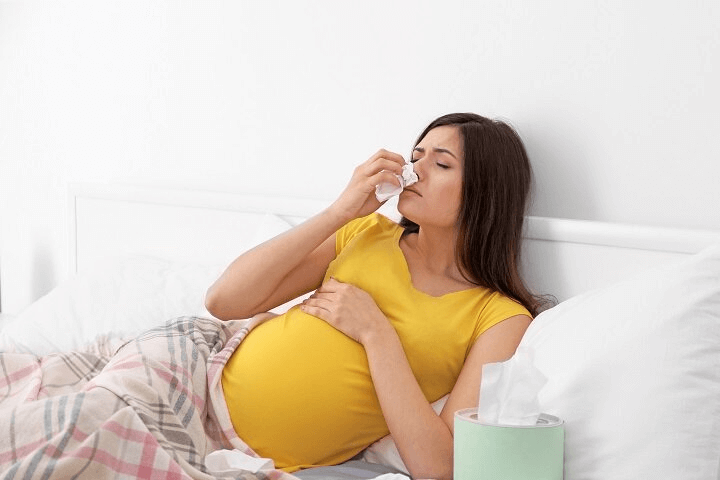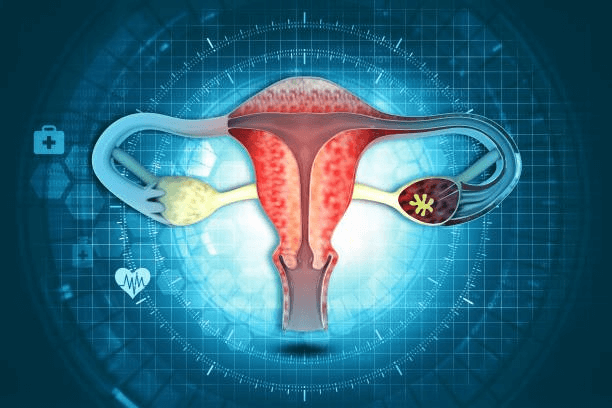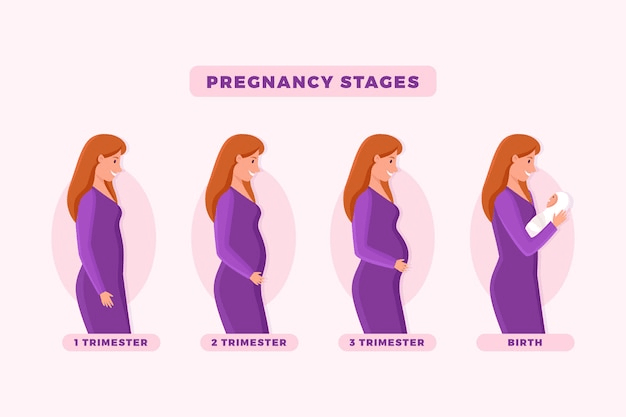Can I Take Allergy Medicine During Pregnancy?

When it comes to managing allergies during pregnancy, it is crucial to consult with your doctor or midwife. If you have severe allergies or suffer from asthma alongside your allergies, managing your symptoms becomes even more essential. For those with mild allergies, avoiding medication, especially during the first trimester when your baby’s vital organs are forming, is often the best approach.
Understanding Allergy Medications and Pregnancy
Allergy medications vary in terms of safety during pregnancy. This is why discussing specific medications with your healthcare provider is vital. Medications deemed safe during pregnancy are categorized as “A” class, but most allergy medications fall under the “B” class. This classification means that there is reasonable experience with these medications during pregnancy and no evidence suggesting harm to the baby. Medications rated “C” lack sufficient studies or information about their effects on pregnant women.
Continuing Allergy Shots
If you were receiving allergy shots before becoming pregnant, it is generally safe to continue them. However, if you were not getting allergy shots before pregnancy, it is advisable to wait until after delivery to start. This precaution helps avoid any potential adverse reactions that could occur when initiating the shots.
Also read: Is It Safe To Use A Cell Phone While Pregnant?
General Guidelines for Allergy Management During Pregnancy
- Consult Your Healthcare Provider: Always talk to your doctor or midwife about your allergy management plan during pregnancy. They can provide personalized advice based on your medical history and the severity of your allergies.
- Avoid Medication When Possible: If your allergies are mild, try to avoid taking medication, especially in the first trimester. This period is crucial for your baby’s development.
- Understand Medication Safety Ratings: Familiarize yourself with the safety classifications of medications (A, B, C) to make informed decisions with your healthcare provider.
- Continue Necessary Treatments: If you have been receiving allergy shots, continue them under medical supervision. If you need to start allergy shots, wait until after your pregnancy to begin.
Safe Allergy Medications During Pregnancy
- Antihistamines: Some antihistamines, such as loratadine (Claritin) and cetirizine (Zyrtec), are generally considered safe during pregnancy. However, always consult your doctor before taking any medication.
- Nasal Sprays: Saline nasal sprays are safe and can help relieve nasal congestion without the use of medication.
- Inhalers for Asthma: If you have asthma, it’s important to continue using your prescribed inhaler to manage symptoms effectively.
Medications to Avoid
- Oral Decongestants: These are usually not recommended during the first trimester due to potential risks.
- Certain Antihistamines: Some first-generation antihistamines may cause drowsiness and other side effects, so they should be used with caution.
Tips for Managing Allergies Naturally
- Stay Indoors on High-Pollen Days: Limit outdoor activities when pollen counts are high to reduce exposure.
- Use Air Purifiers: Air purifiers can help reduce allergens in your home environment.
- Maintain a Clean Home: Regularly clean your living space to minimize dust, pet dander, and other allergens.
Conclusion
Managing allergies during pregnancy requires careful consideration and consultation with your healthcare provider. While some medications are considered safe, it is often best to minimize their use, especially during the critical early stages of pregnancy. By working closely with your doctor or midwife, you can develop a safe and effective plan to manage your allergies and ensure a healthy pregnancy.






